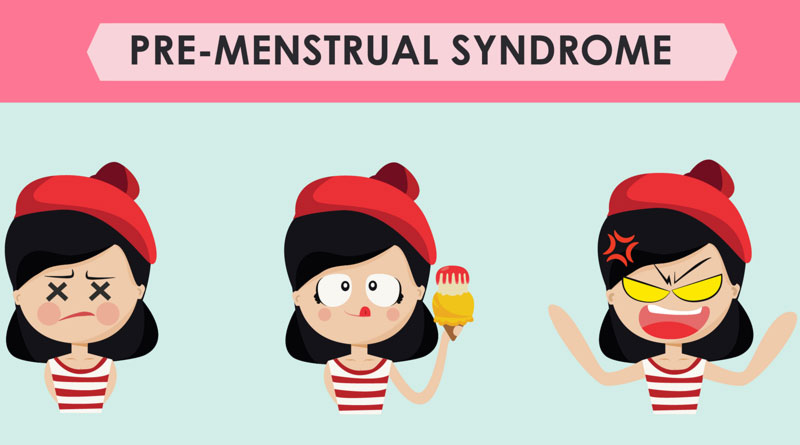Vulvovaginal candidiasis (moniliasis) is a yeast or fungal infection of the vulva and vagina. The most common causative organism is Candida albicans. Two other pathogens sometimes involved in this infection are Candida glabrata and Candida tropicalis.
What Causes Candidiasis?
Candidiasis occurs when the normal number of microorganisms that reside in the vagina increases and causes symptoms. The most common factors that predispose a woman to yeast infections include:
- pregnancy;
- diabetes;
- use of birth control pills, broad-spectrum antibiotics, or corticosteroids (prednisone); and
- immunodeficiency disorders (HIV infection).
What Are the Consequences of Candidiasis?
In non-pregnant patients with a normal immune system, yeast infections rarely result in serious complications. Even in pregnancy, yeast infections usually do not cause adverse effects for either the mother or her baby. However, when a patient is immunocompromised (for example, HIV infected), yeast infections may cause severe gastrointestinal tract infections and may even spread to the bloodstream. Blood-borne infections also may occur in patients who are receiving long-term nutritional supplements. If spread throughout the body, candidiasis can be a serious and potentially fatal disease.
What Are the Usual Signs and Symptoms of Candidiasis?
If you have candidiasis, you will most likely experience itching within the vagina and on the vulva. You may also notice a white, curd-like (almost cottage cheese-like) vaginal discharge that adheres to the wall of the vagina. When this discharge is removed from the vaginal lining, tiny “pin-point” bleeding may occur.
In newborn babies and in immunocompromised patients, candidiasis may occur in the mouth (thrush). This type of infection is relatively common and results in the same type of discharge described above.
Did You Know?
You can reduce your risk of future candidiasis infections by:
- using corn starch to keep the perineal area dry;
- avoiding bubble baths and medicated douches; and
- wearing cotton undergarments.
Keep in mind that while candidiasis is not a sexually transmitted disease, oral sex may aggravate your condition and affect your sexual partner. Also, talk to your doctor about treatment options, such as oral fluconazole (Diflucan), for your partner.
- clotrimazole (Gyne-Lotrimin or Mycelex);
- miconazole (Monistat);
- terconazole (Terazol); and
- butoconazole (Femstat).
If you prefer not to use topical medications, ask your doctor about fluconazole (Diflucan), which is taken orally in a single dose. This drug is slightly more expensive than the standard topical agents.
About one-fourth of all pregnant women approaching term have candidiasis cultured from their vagina, though many do not experience symptoms or require treatment. However, the discharge may be irritating enough to warrant treatment. It is common during pregnancy to have recurrences and to require repeated treatment. Typically, the recurrences subside at the end of the pregnancy.
How Is Candidiasis Diagnosed?
During infection, most women’s vaginal pH (acidity) remains normal-between 3.8 and 4.2; therefore, an acidity test cannot determine the presence of candidiasis. The most cost-effective means of diagnosis, then, is a microscopic examination of the vaginal discharge. Your doctor uses a cotton swab to take a sample of the vaginal discharge. She mixes the sample with a small amount of potassium hydroxide, places it on a glass slide, and views it under a microscope. The presence of hyphae (branching tubular cells of fungi) and budding yeast clusters indicate a positive finding.
In certain cases, your doctor may want to culture (grow in a lab) a sample of your vaginal secretion in order to rule out the presence of less common organisms, such as C. glabrata and C. tropicalis.
What Is the Usual Treatment for Candidiasis?
Most cases of vulvovaginal candidiasis can be treated easily and relatively inexpensively. A short course of topical, anti-fungal medications can relieve your symptoms in three to seven days. These preparations are available as vaginal creams or suppositories, and include the following:
 How Should Recurrent Candida Infections Be Treated?
How Should Recurrent Candida Infections Be Treated?
Patients with recurrent candidiasis infections should be evaluated for treatable, predisposing factors such as diabetes and immunodeficiency disorders. If you are experiencing recurrent infections, talk to your doctor.
The table below highlights the standard treatments for candidiasis. You should follow a treatment for three to six weeks and continue to see your doctor for routine exams to check for reinfection.
 Parsi Teb Physical and Mental Health Journal
Parsi Teb Physical and Mental Health Journal 




